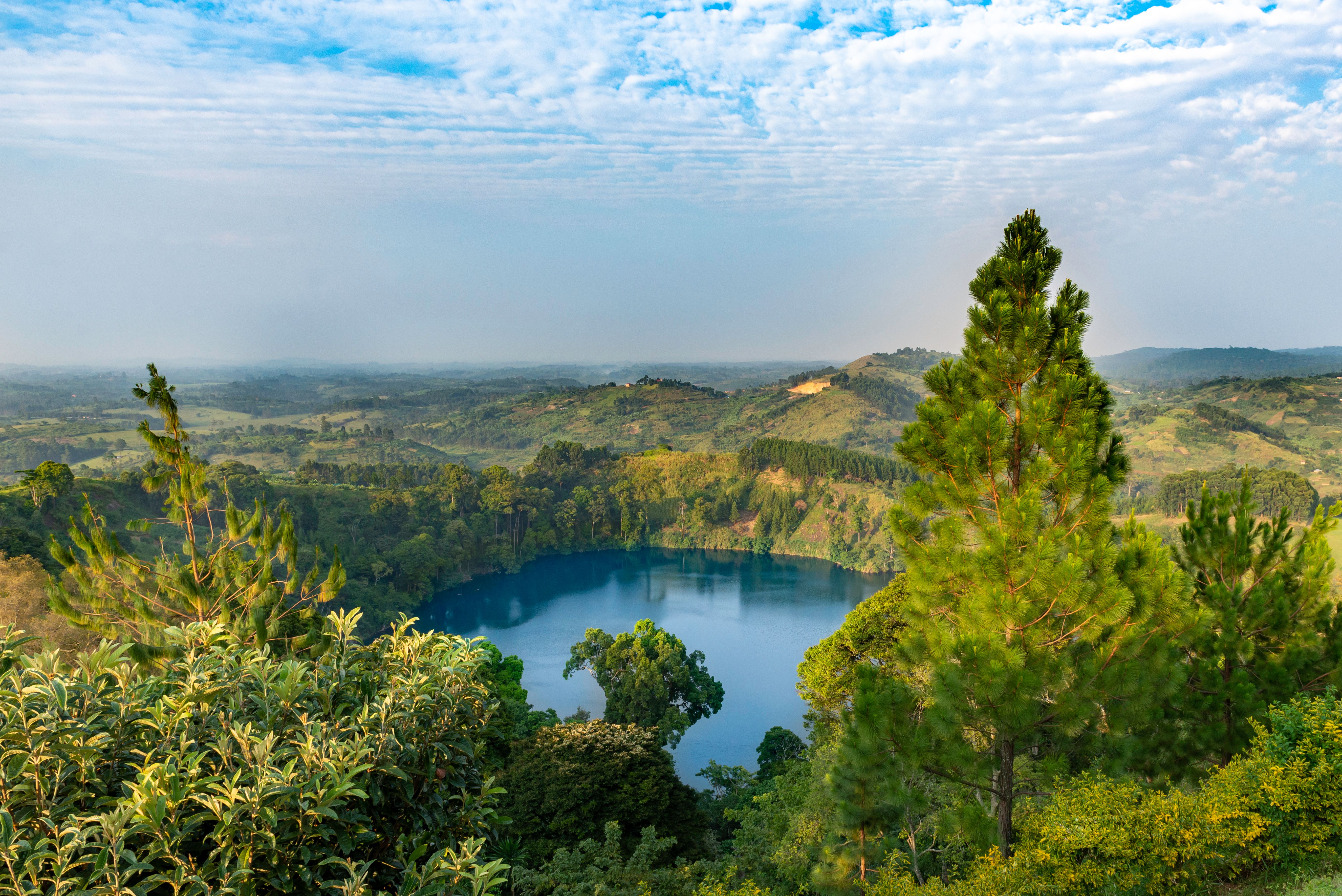Uganda’s oil revenue will fund roads, railway projects — Museveni
- Uganda expects to ship the first consignment of oil in 2025.
- The government will hasten the acquisition of the right of way for the construction of Standard Gauge Railway.
Uganda’s oil revenues will finance roads and railway among other key infrastructure projects to revamp the country’s productivity.
Uganda has significant oil reserves, particularly in the Albertine Graben region, which is located in the western part of the country.
The country discovered commercially viable oil deposits in 2006, and since then, exploration and development activities have been ongoing. According to estimates, Uganda’s discovered oil reserves are around 6.5 billion barrels. These reserves consist of both crude oil and condensates.
There have been efforts to establish a legal and regulatory framework to govern the sector and ensure transparency, environmental sustainability, and equitable distribution of Uganda’s oil revenue.
Uganda’s oil revenue to build schools“With our oil money, we shall be able to complete our targets of a government primary school per parish and a government secondary school per sub-county. The railway, the electricity, technical and science education as well as some national roads, will be the elements our oil money will deal with,” said President Yoweri Museveni.
“I intend to meet with the petroleum authority and the oil companies, to harmonise so that we do not miss the target of 2025 as the first oil date,” he added.
The East African country hopes to export its first reserves in 2025, raking in the billions required for the ambitious infrastructure projects.
In his State-of-the-Nation Address while officiating the third Session of the 11th Parliament, Mr Museveni said his government will hasten the acquisition of the right of way for the construction of Standard Gauge Railway (SGR).
He also highlighted that the maintenance of murram and tarmac roads in the country will also keep officials busy.
Museveni lauds Kenya’s Ruto on railway“Government is expediting the construction of the Standard Gauge Railway, starting next Financial Year 2023/24, starting with Malaba to Kampala. I welcome the decision of His Excellency, President William Ruto of Kenya, agreeing to extend the SGR from Naivasha to Malaba,” the President said.
When Uganda builds the SGR, it will link the country with Kenya, Rwanda, the Democratic Republic of the Congo and South Sudan.
Mr Museveni said the rehabilitation of the Tororo-Gulu meter gauge railway and Kampala-Malaba meter gauge railway was underway. Uganda will need an estimated $2.8 billion to develop the Kampala-Malaba SGR.
Mr Museveni said the country was setting a sound economic base that will see it accelerate growth once oil money checks in.
Further, SGR will reduce the country’s cost of production by an estimated 30 percent. It will also increase the region’s trade competitiveness and attract investments.
Failure by China to offer railway financingInitially, Uganda’s SGR plan was shelved due to the failure by China to provide financing. Kenya’s reluctance to extend its own SGR from Naivasha to the Malaba border also slowed progress.
President Museveni noted that he was content with the economy’s progress. He economy recovered from a nosedive during the Covid-19 pandemic, and it’s poised to hit $55.2 billion.
With a steady decline in fuel prices since May 2022, the President felt vindicated in his rejection of oil subsidies. Mr Museveni termed fuel subsidy plan “cheap and opportunistic”.
“We have defeated the rapid increase in prices. Food prices remain high due to climate change causing prolonged droughts,” he said.
“There is no more excuse for people who want to remain in poverty; the PDM money, once paid back, will be in the parish SACCO. And the parish is not far, so you can access the funds. Whatever mistakes that arise from this pro-poor people enterprise are corrected,” he said, warning the corrupt.
Uganda exports on the riseIn his tours across the country, Mr Museveni said he saw many “candidates of Luzira prison.” This was a reference to officials he said are likely to face prosecution over handling of Parish Development Fund. The fund has so far seen an injection of money in excess of $134.5 million.
Museveni also boasted about the country’s industrialisation progress, now with 226 factories and over 303 in the pipeline. Exports, on the other hand, shot to $6 billion, while foreign direct investment is at $945 million. This, Mr Museveni said, depicts a rising economy.
Currently, the President said revenue to Gross Domestic Product is at 13.9 percent. Plans are underway to push it to at least 19 per cent in the next five years. The government will also capitalise on the Uganda Development Bank and the Uganda Development Cooperation to offer capital. This financing will be given to industrial-oriented investments.

.png)

